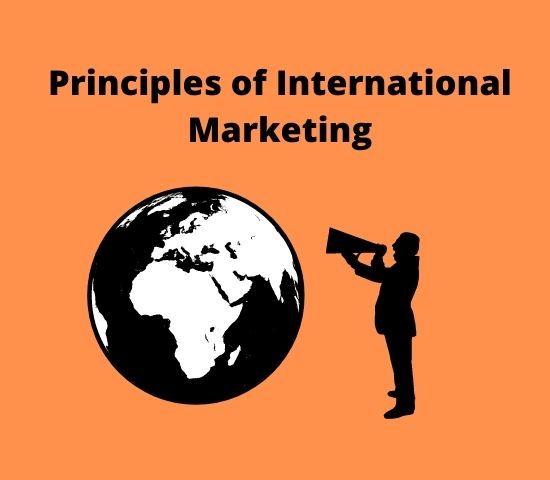Principles of Global and International Marketing¶
Global Marketing¶
Global Marketing refers to the practice of marketing on a worldwide scale, recognizing no boundaries or borders in promoting products or services across the globe. This approach leverages operational differences, similarities, and opportunities internationally to achieve global objectives.

A prime example of effective global marketing is Red Bull, an Austrian company perceived by many around the world as a local brand due to its adept marketing strategies. These include hosting extreme sports events globally, like the Red Bull Air Race in the UK and the Red Bull Soapbox Race in Jordan, thereby enhancing brand visibility worldwide.
Key Aspects of Global Marketing¶
- Single Marketing Strategy: Treats the world as a single market by implementing a unified marketing strategy across various countries.
- Commercial Advantage: Exploits global operational differences and similarities to meet international objectives.
- Brand Visibility: Achieves worldwide recognition through diverse and culturally resonant marketing tactics.
International Marketing¶
Contrary to global marketing's unified approach, International Marketing adapts strategies to fit the unique demands of different countries. This method involves tailoring marketing activities to accommodate the varied preferences, languages, and cultures of each market.
Difference Between Global and International Marketing¶
- Strategy Focus: Global marketing employs a uniform strategy worldwide, while international marketing adjusts strategies to align with local market conditions.
- Market Understanding: International marketing requires a deep understanding of local markets to effectively adapt marketing tactics.
Principles of International Marketing¶
The People¶
Understanding the target audience is crucial. Misunderstandings can lead to marketing failures, as seen with Best Buy's expansion in Europe. The company's large store format, successful in the U.S., did not resonate with the European preference for smaller, quaint shops.
Product¶
Adapting products to meet local tastes is essential. McDonald’s, for instance, has successfully modified its menu in countries like India with the McAloo Tikki, catering to local preferences.
Prices¶
Pricing strategies must reflect the economic conditions and consumer expectations of each market. Omega's strategy to position itself as a more affordable alternative to Rolex in the Swiss market impacted its brand perception globally.
Promotion¶
Promotional strategies should consider the popularity of platforms and cultural preferences in different countries. For example, advertising on Twitter may be more effective in countries where Facebook is less popular.
Place¶
Understanding where customers prefer to shop, whether online or in-store, and adapting sales channels accordingly is key. This varies significantly across regions.
Packaging¶
Packaging should be culturally sensitive and appealing to the target market. Colors and designs that are favorable in one culture may have negative connotations in another.
Positioning¶
A clear Unique Value Proposition (UVP) that highlights relevance, value, and differentiation is vital for effective market positioning.
Physical Evidence¶
The physical environment, ambiance, and spatial layout should cater to the preferences of the local market, enhancing customer experience.
Local Teams¶
Involving local teams in strategy development ensures that marketing efforts are grounded in an authentic understanding of the local market.
Conclusion¶
Both global and international marketing strategies are essential for reaching audiences worldwide, yet they differ fundamentally in their approach to market engagement. Successful global marketing requires a universal strategy that transcends cultural and geographical boundaries, while international marketing demands a nuanced, localized approach to effectively connect with diverse markets. Understanding and implementing these principles is key to achieving global marketing success.